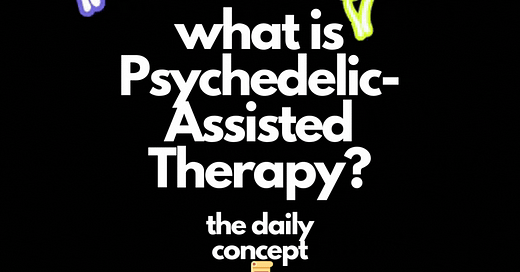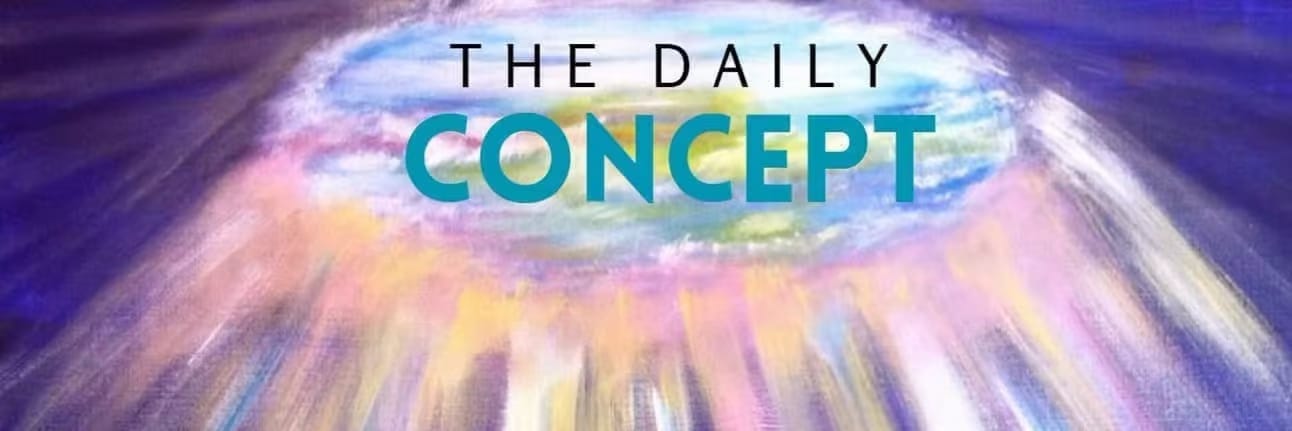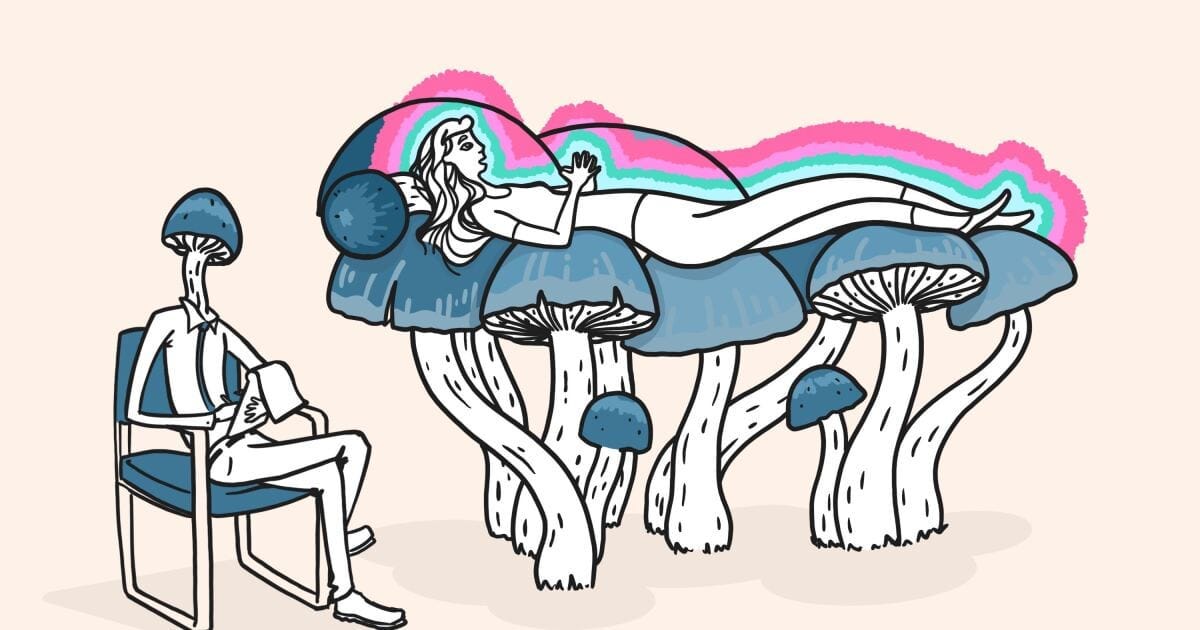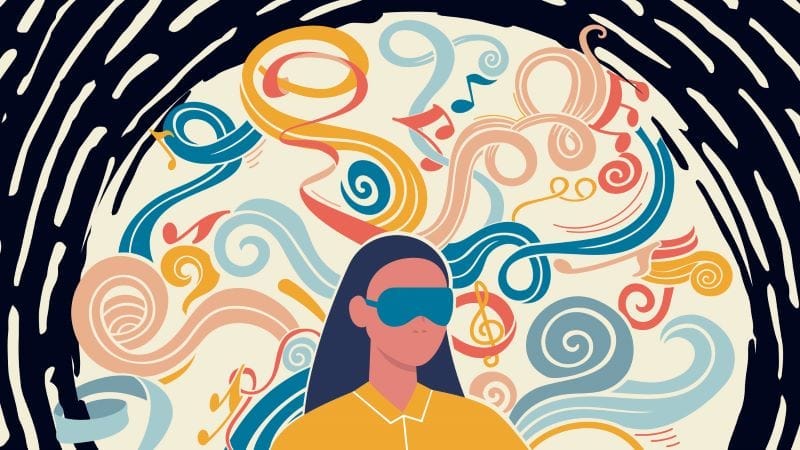Last week, the state of Colorado's Natural Medicine Division gave its first-ever license to a psychedelic therapy center in Denver.
The center plans to begin offering psilocybin-assisted therapy to adults in the state by the end of this month.
For thousands of years, humans have ingested psychedelic substances like psilocybin (magic mushrooms) and cannabis.
Some people even argue that religions were invented by shamans or ancient priests who experimented with psychedelics and hallucinated encounters with angels or gods.
The goal for these early psychonauts: an altered state of consciousness.
Today, scientists & therapists are exploring whether psychedelic compounds can serve as a therapeutic tool.
Psychedelic-assisted therapy refers to the controlled and supervised use of psychedelics in combination with psychotherapy.
Here’s how the University of Cambridge (my alma mater!) describes a typical psychedelic-assisted therapy session:
A certified practitioner will guide patients through several hours of a psychedelic experience.
The patient will have taken a substance like LSD, psilocybin, ketamine, MDMA, DMT or 5-Meo-DMT.
Each therapy session will be different. Therapists will adapt to variations in past experiences, and the unique way each patient's brain reacts to the substance.
Unlike recreational drug use, psychedelic-assisted therapy is conducted in a clinical setting under the guidance of trained professionals.
The goal of psychedelic-assisted therapy is harnessing the mind-altering effects of these substances to facilitate therapeutic breakthroughs and personal growth.
Does Psychedelic-Assisted Therapy Work?
Although experts recognize that there is still more research to be done, a growing number of small-scale studies have shown that psychedelics can be a valuable therapeutic tool.
Studies conducted in the U.S. and Europe have shown that psychedelic drugs like psilocybin and MDMA (better known as ecstasy) can help treat:
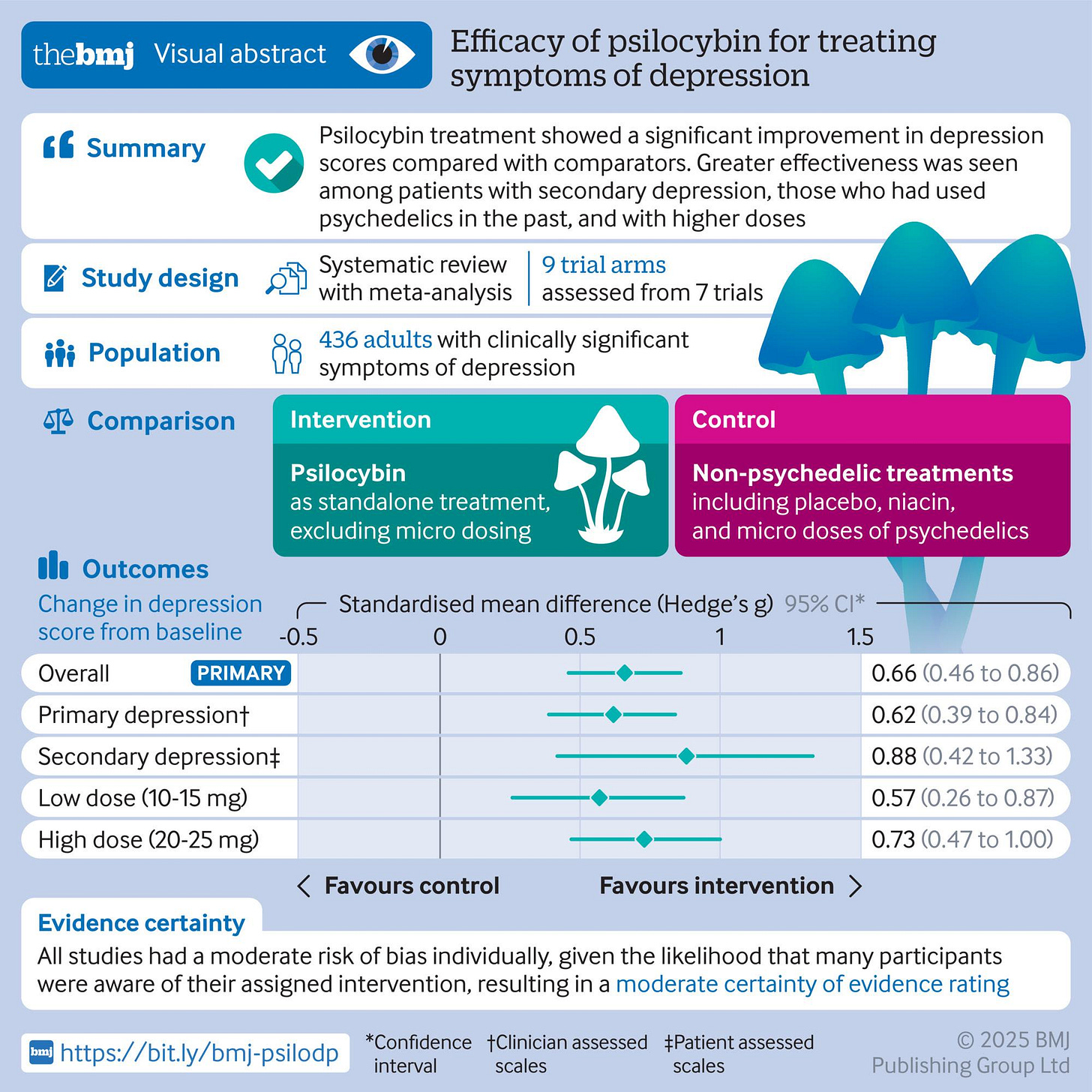
According to a 2016 study, psilocybin improved the mood and well-being of cancer patients.
Over 80% of participants who took psilocybin reported “moderately or greater increased well-being/life satisfaction.”
Notably, the study focused on the mystical nature of these experiences for participants.
The patients who reported strongly mystical experiences during their psilocybin trips experienced greater "long-term positive changes in attitudes, mood, behavior, and spirituality.”

The Risks of Psychedelics
It is important to note that:
most psychedelic substances are still illegal under U.S. law, &
taking psychedelics comes with significant risks
Experts note that studies into the therapeutic efficacy of psychedelics must also explore the risks that these drugs pose to people who take them.
One study found that one-third of people with bipolar disorder who reported taking psilocybin experienced a worsening of their symptoms after a psilocybin trip.
Pharmacology professor Dr. Bryan Roth told the NYT:
“Anybody with a serious psychiatric disorder — like schizophrenia, bipolar disorder — should not take psychedelics.”
Despite these risks and legal hurdles, a growing number of people around the world are taking an interest in the potential healing power of psychedelics.

